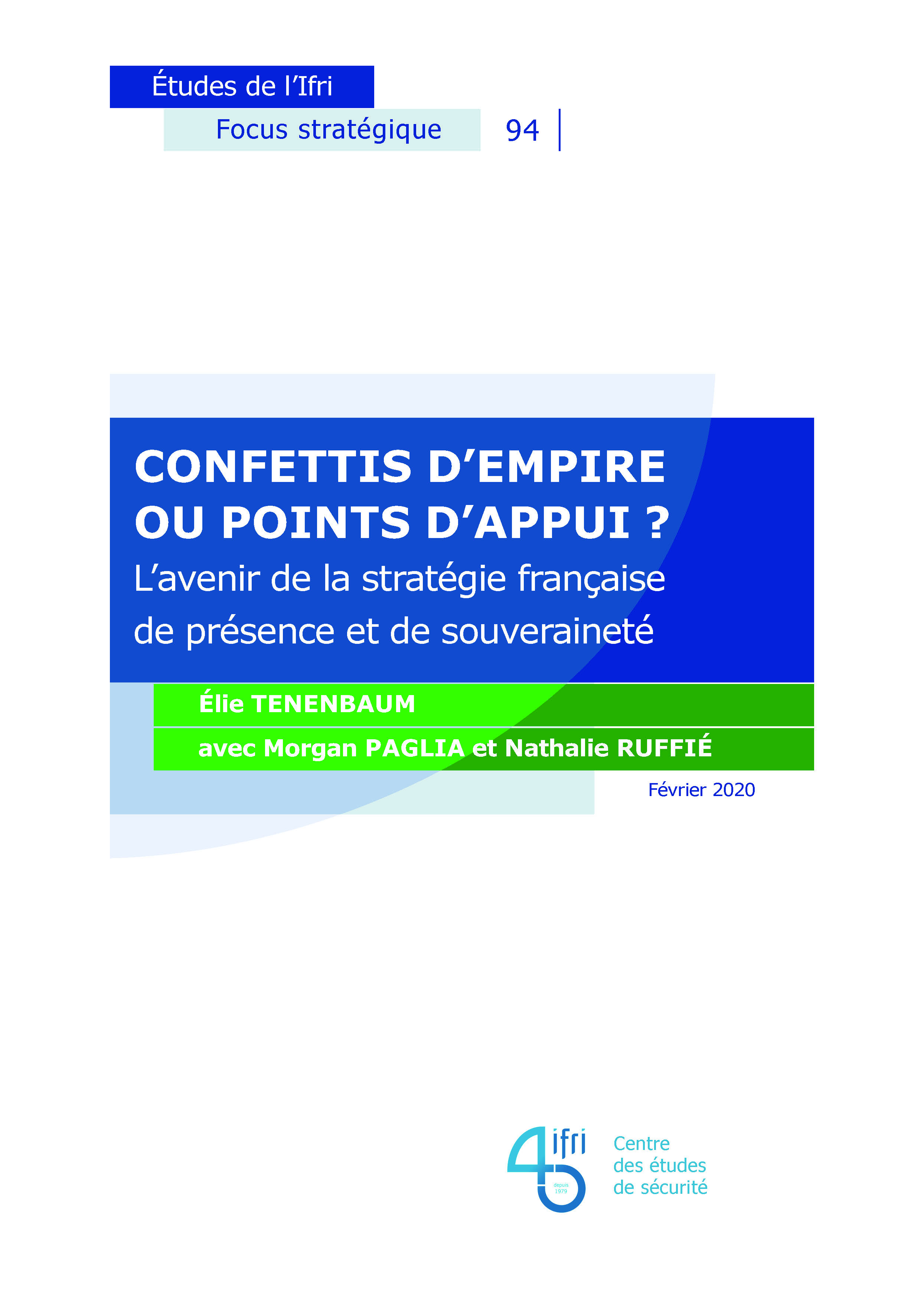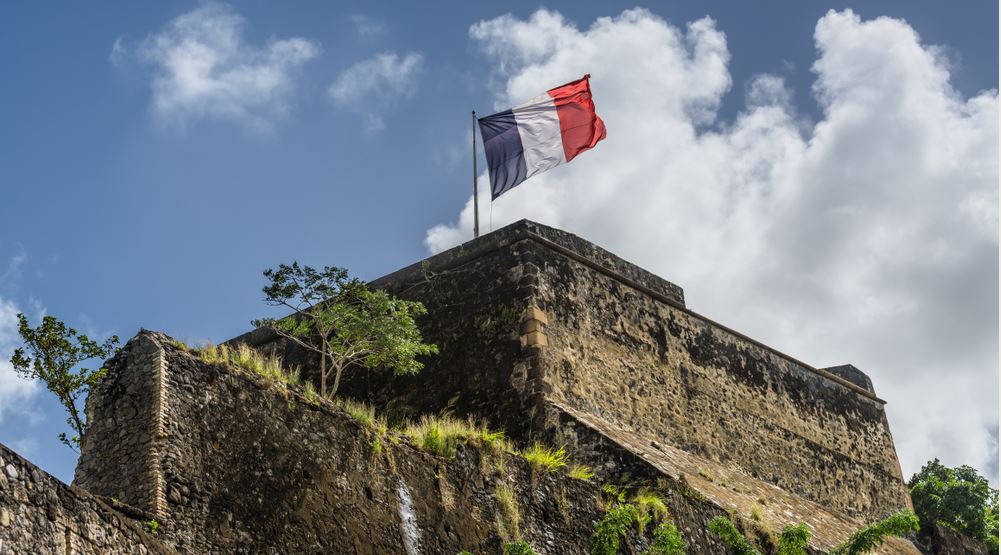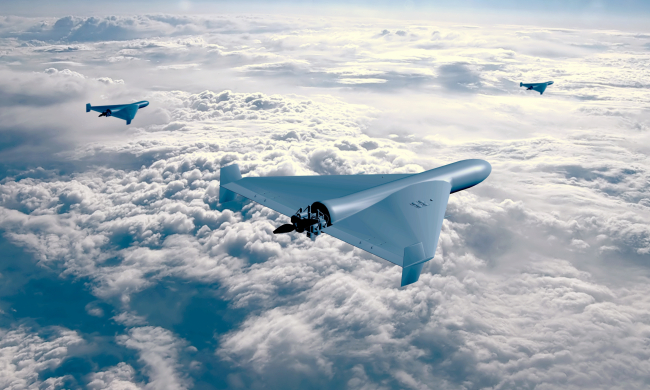Confettis d’empire ou points d’appui ? L’avenir de la stratégie française de présence et de souveraineté

France is one of the few nations in the world to benefit from a permanent global military presence. With more than 10,000 military personnel from all three services, deployed across the five continents and the three main oceanic basins, it benefits from the second largest network of prepositioned forces in the world.

This global military posture is structured around five “presence forces”, based in Senegal, Ivory Coast, Gabon, Djibouti and the United Arab Emirates, as well as five “sovereignty forces” in the dependent overseas territories of the Antilles, French Guyana, Southern Indian Ocean, New Caledonia and French Polynesia. Over the past twenty years, this unique force posture has been hit by a series of deep budgetary cuts, translating into staff reductions and persisting delays in equipment delivery. As a result, the current military presence is under serious strain, as some capability are now weighing on the ability of these prepositioned forces to contribute as much as they could to the five strategic functions reiterated in the 2017 Strategic Review. These considerations are all the more important given the coming demographic, climatic, economic, geopolitical, and of course military challenges that will dramatically constrain the operational environment of the French forces in the coming years.
This content is only available in French: Confettis d'empire ou points d'appuis ? L'avenir de la stratégie française de présence et de souveraineté.

Available in:
Regions and themes
ISBN / ISSN
Share
Related centers and programs
Discover our other research centers and programsFind out more
Discover all our analysesThe Franco-German Brigade and the Revival of European Defense
One thing has been clear since Donald Trump's return to the White House: the very existence of the European unification project is threatened. Unless it develops a sovereign defense policy to counter the war in Ukraine and the weakening of American security guarantees, the European Union will continue to see its internal cohesion and external attractiveness wane.
Taking the Pulse: Can Europeans Build Their Independent Extended Nuclear Deterrent?
Confronted with a U.S. disengagement and the Russian threat, Europeans are reconsidering their stance on nuclear deterrence. Given the capabilities of the French and British arsenals, can Europe develop an independent nuclear deterrent?

RAMSES 2024. A World to Be Remade
For its 42nd edition, RAMSES 2024 identifies three major challenges for 2024.
A Transatlantic Defense Industrial Base? Two Contrasting Views
The evolving landscape of global defense cooperation has brought the transatlantic relationship between the United States (US) and Europe into sharp focus. As geopolitical tensions rise and the threat environment becomes more complex, the question of how Europe can best ensure its security while navigating its relationship with the United States has become paramount. This double feature report offers two contrasting views on the dynamics of US-Europe defense industrial relations, highlighting the challenges and opportunities that lie ahead for both parties.












